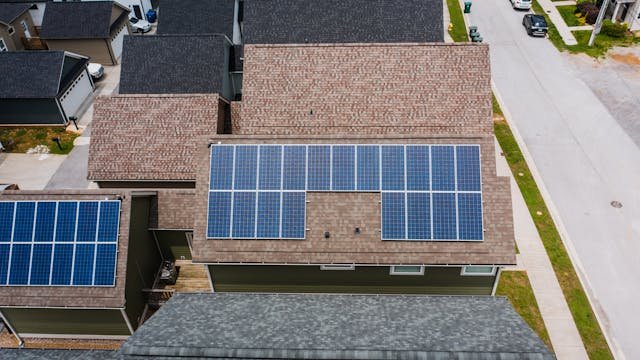As the world grapples with the pressing challenges of climate change and energy sustainability, the adoption of renewable energy sources has emerged as a crucial solution. Among these sources, solar panels stand out as a beacon of hope, offering clean, abundant energy harnessed from the sun. However, navigating the landscape of solar energy can be daunting for many. That’s why expert solar advice is essential for individuals and businesses looking to embrace this transformative technology and pave the way towards a brighter, more sustainable future.
Understanding Solar Panels: A Primer
Before delving into solar advice, it’s important to understand the basics of solar panels. Solar panels, also known as photovoltaic (PV) panels, convert sunlight into electricity through the photovoltaic effect. This process involves the absorption of photons from sunlight by semiconductor materials within the solar panel, which then release electrons, generating an electric current. This electricity can be used to power homes, businesses, and various other applications.
Expert Solar Advice: Key Considerations
- Assess Your Energy Needs: Before investing in solar panels, it’s essential to assess your energy consumption patterns and needs. Understanding your energy usage will help determine the size and capacity of the solar panel system required to meet your requirements effectively.
- Evaluate Your Solar Potential: Assessing the solar potential of your location is crucial for optimizing the performance of your solar panel system. Factors such as sunlight exposure, shading, and roof orientation can impact the efficiency of solar panels. Consulting with a solar professional or using online solar mapping tools can provide valuable insights into your solar potential.
- Choose Quality Components: When selecting solar panels and related components, prioritize quality and reliability. Opt for reputable solar panel manufacturers with a proven track record of performance and durability. Investing in high-quality components may incur higher upfront costs but can yield greater long-term benefits in terms of efficiency and longevity.
- Consider Financial Incentives: Explore available financial incentives and rebates for solar panel installations in your area. Many governments and utilities offer incentives, such as tax credits, rebates, and net metering programs, to encourage the adoption of solar energy. Taking advantage of these incentives can significantly reduce the upfront cost of solar panel installation and enhance the financial viability of your solar investment.
- Explore Financing Options: Financing solar panel installations can be done through various options, including solar loans, leases, and power purchase agreements (PPAs). Evaluate the pros and cons of each financing option based on your financial situation, energy goals, and preferences. Solar loans, in particular, offer competitive interest rates and flexible repayment terms, making them a popular choice for financing solar projects.
- Engage Qualified Installers: Choosing a reputable and experienced solar installer is paramount to the success of your solar panel installation. Look for installers certified by reputable organizations, such as the North American Board of Certified Energy Practitioners (NABCEP), and request quotes from multiple installers to compare prices, warranties, and services offered.
- Monitor and Maintain Your System: Once your solar panel system is installed, regular monitoring and maintenance are essential to ensure optimal performance and longevity. Keep track of your system’s energy production, conduct periodic inspections, and schedule maintenance visits as needed to address any issues promptly.
Embracing Solar Power: A Sustainable Choice
In conclusion, solar panels offer a sustainable and renewable energy solution that holds immense potential for combating climate change and reducing dependence on fossil fuels. By following expert solar advice and making informed decisions, individuals and businesses can harness the power of the sun to create a brighter, more sustainable future for generations to come. Whether you’re considering a residential rooftop installation or a large-scale solar farm, embracing solar power is a step towards a cleaner, greener, and more resilient world.



